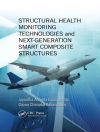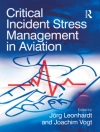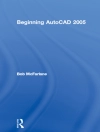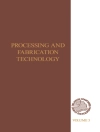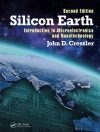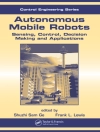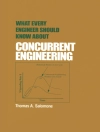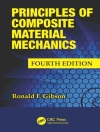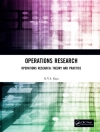Carbon capture and storage (CCS) and ‘negative emissions’ technologies will play an essential role in mitigating the impact of global warming and meeting the temperature targets set by the IPCC and by COP21. Identifying the role and value of CCS relative to other mitigation technologies is of vital importance. This book provides a comprehensive, up-to-date overview of the major sources of carbon dioxide emission, capture and storage, as well as negative emissions technologies, and provides insight into the role and value of CCS in the industrial and power sectors. The issues associated with commercial deployment of CCS are discussed, providing potential approaches to overcome these hurdles through a combination of political, economic and R&D strategies. Carbon Capture and Storage provides the latest global perspective on the role and value of CCS in delivering temperature targets and reducing the impact of global warming. With contributions from internationally recognised leaders, this book will appeal to graduate students and researchers in academia and industry, working in chemical engineering, mechanical engineering, and energy policy.
Jadual kandungan
Introduction – Carbon Capture and Storage; Understanding the Role of CCS Deployment in Meeting Ambitious Climate Goals; Solvent-based Absorption; Ionic Liquids; CO2 Capture by Adsorption Processes; Oxy-fuel Combustion Capture Technology; Chemical Looping Technologies for CCS; An Introduction to Subsurface CO2 Storage; Carbon Capture and Storage from Industrial Sources; Applications of CCS in the Cement Industry; CCS in the Iron and Steel Industry; CCS in Electricity Systems; Carbon Capture and Utilisation; Negative Emissions Technologies; New Technology Development for Carbon Capture; The Political Economy of Carbon Capture and Storage; CCS – From an Oil Crisis to a Climate Crisis Response; Getting CO2 Storage Right – Arithmetically and Politically
Mengenai Pengarang
Dr Niall Mac Dowell is a Senior Lecturer (Associate Professor) in Energy and Environmental Technology and Policy in the Centre for Environmental Policy at Imperial College London, where he currently leads the Clean Fossil and Bioenergy Research Group. He is a Chartered Engineer with the Institution of Chemical Engineers and is on the Executive Board of the IChem E’s Energy Centre, a member of the Technical Working Group of the CCSA and the ZEP on industrial decarbonisation and a member of the UKCCSRC. He currently leads a research group of 5 PDRAs, 10 Ph D students all of whom are focused on technology development for climate change mitigation and has published work at the molecular, process and network scales in this context. He has given advice to DECC, the IEA, the ETI and the JRC and has travelled on behalf of the Foreign Office to China and Korea to promote low carbon power generation. He is currently the PI on the EPSRC-funded project MESMERISE-CCS and the IEA-funded project Flex EVAL and Co-I on the EPSRC-funded projects Opening Future Fuels and CCSIn Supply and the UKCCSRC funded project BECCS-IL in addition to the FP7 Project CO2QUEST. He was awarded the 2010 Qatar Petroleum Prize and the 2015 IChem E Nicklin medal for research excellence in low carbon energy.


